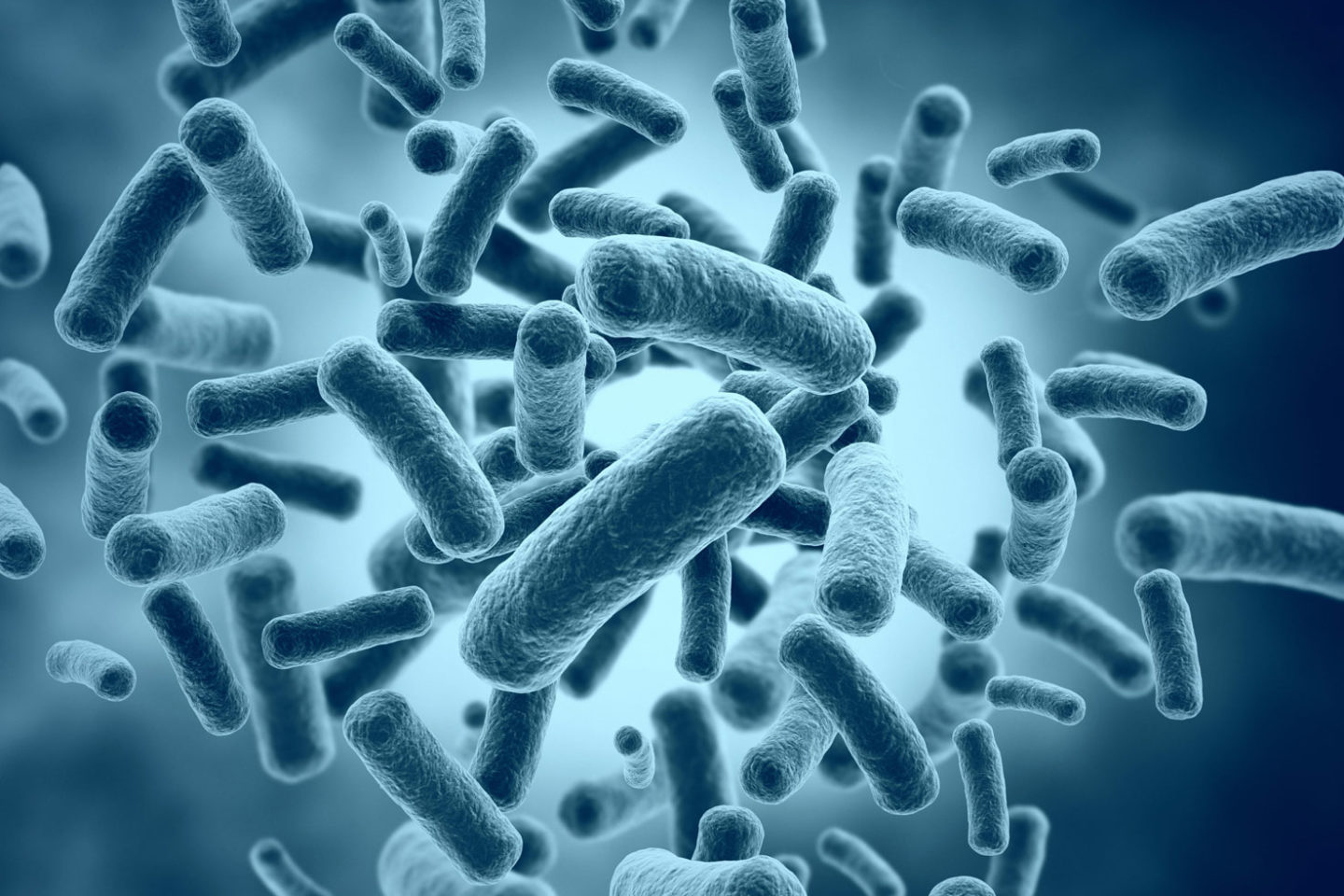Gastrointestinal diseases are among the most common infectious diseases. If the mucous membranes of the stomach and intestines are inflamed, [...]

Bacteroidetes: That is why you should care for them
Your intestine is home to a multitude of bacteria – in total, your intestinal microbiome (the technical term for your intestinal flora) – weighs about two kilograms. Two kilograms of bacteria and other microorganisms! A large part of this is made up by bacteria from the Bacteroidetes strain – at least in the ideal case. Because the Bacteroidetes have many useful properties, but can be suppressed by unbalanced nutrition. You want to know what the Bacteroidetes bacteria do for you and how you can make them feel as comfortable as possible in your intestine? We will tell you!
Bacteroidetes, the bacteria for wight loss
Several studies and investigations – among others with mice, to which the microbiome of either normal-weight or overweight humans was applied1 – have already dealt with the tasks of the Bacteroidetes bacteria in our intestine. And have discovered a relation between the weight of a person and the number of certain bacteria species . People who suffer from obesity, for example, often have a rather low percentage of Bacteroidetes – and therefore many firmicutes bacteria. Firmicutes are particularly industrious and decompose food very thoroughly. They get out every bit of energy – and make us fat in the long run, if we use more than is actually necessary.
If the proportion of bacteroidetes is higher, on the other hand, we take up less fat and thus also fewer calories from food – which means that people with many Bacteroidetes in the intestine “accumulate” fat less quickly and are generally slimmer.
Feed bacteroidetes
Ideally, bacteroidetes and firmicutes bacteria in your intestine are roughly in balance and thus ensure a balanced energy yield. In order for this to work and for your intestinal flora to be colonised by as many different bacteria as possible, your plate should always be colourful. Make sure that you eat enough vegetables, fruit, proteins and unsaturated fatty acids like omega 3 every day. Animal products should not dominate your diet – even if they are not completely “forbidden”.
However, even better for your intestines are fermented foods such as sauerkraut, kimchi or miso. Because they are probiotic foods and are therefore perfect food for your intestinal bacteria. Kefir or yoghurt can also help to keep your intestinal bacteria going.
Another important part of your diet should be fiber: Bacteroidetes bacteria are particularly fond of them. Fibre is found in vegetables – particularly rich in leeks and chicory, for example, which also contain bitter substances. Pulses and whole grains also have a lot of fibre to offer
- Vegetables
- Fruits
- Proteins
- unsaturated fatty acids
- fermented food
- dietary fibres
If you have a balanced diet, you can demonstrably have a positive influence on your intestinal flora – and thus not only on your weight, but on your overall well-being. This is because the intestine and its bacteria take over some important tasks in and for your body.
1. Ridaura, V K, Faith J J, Rey F E, Cheng J, et al. Gut microbiota from twins discordant for obesity modulate metabolism in mice. Science 2013:341. https://science.sciencemag.org/content/341/6150/1241214



